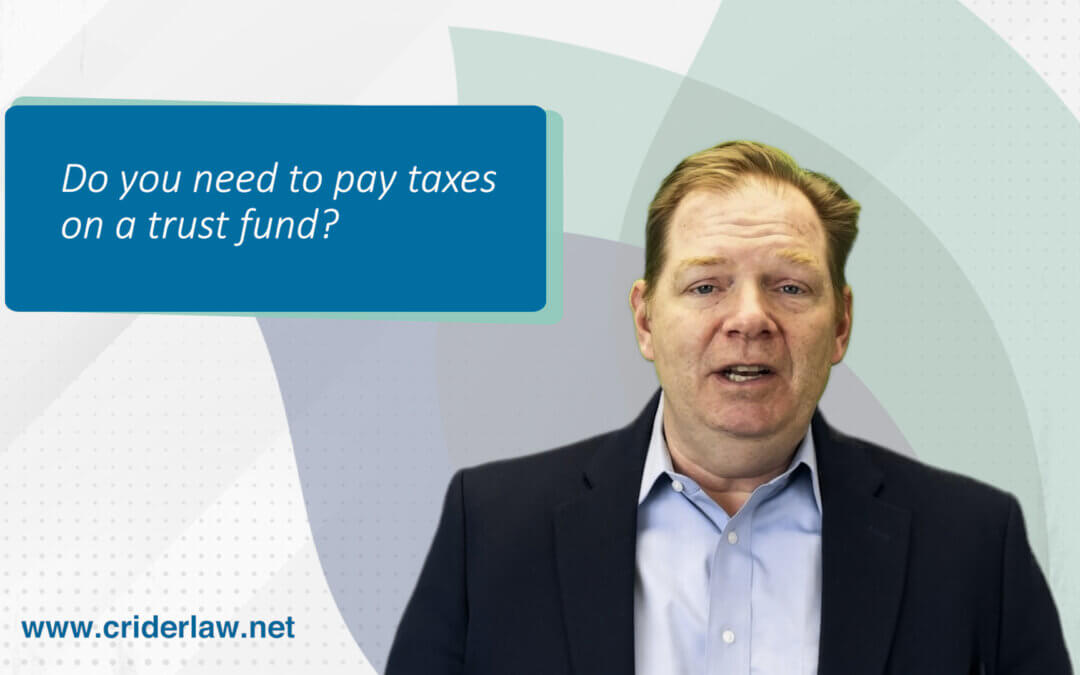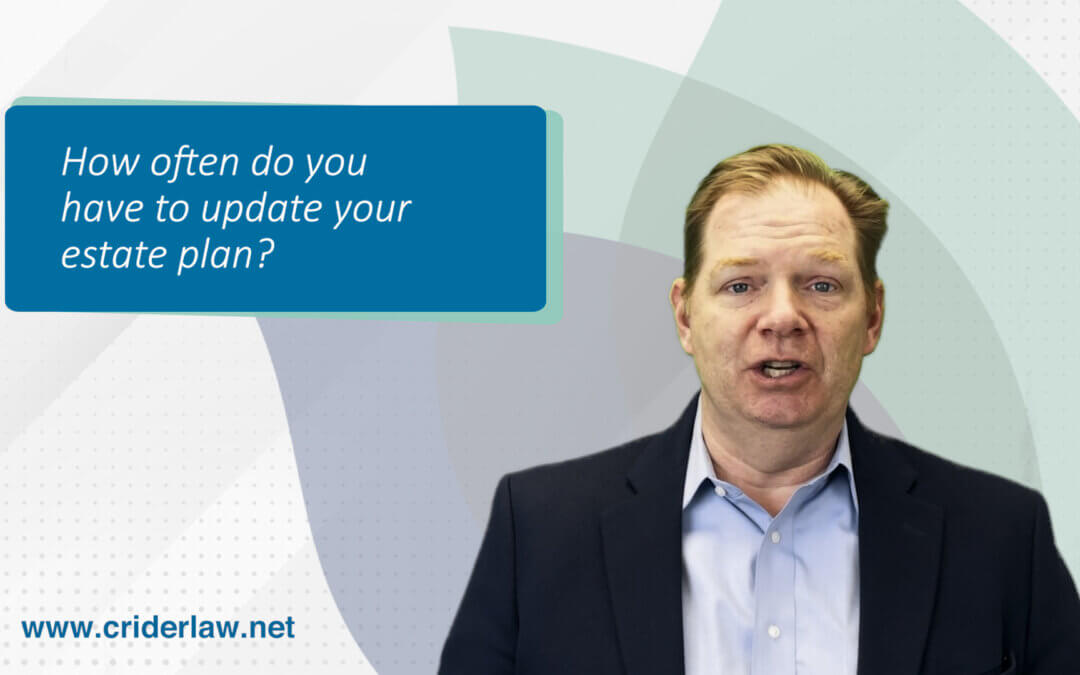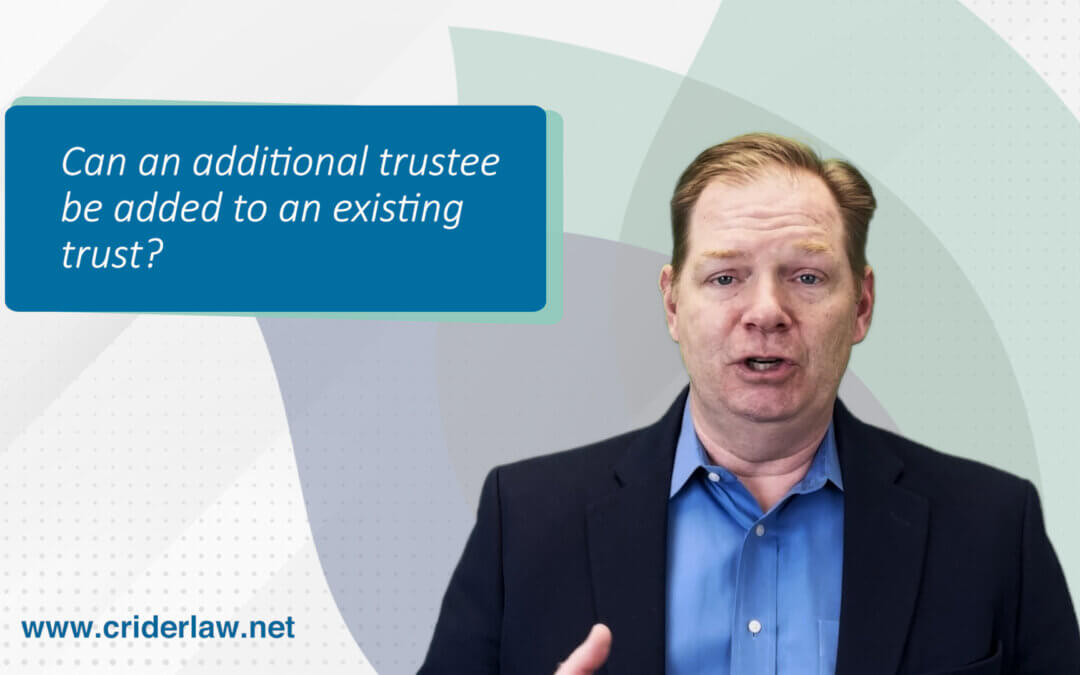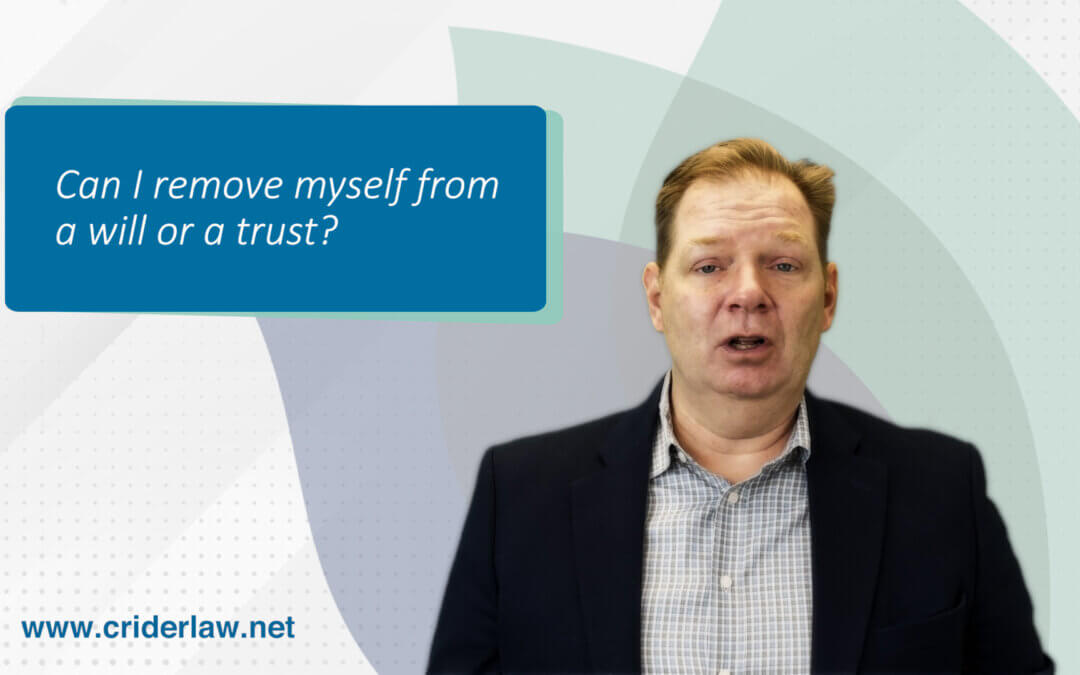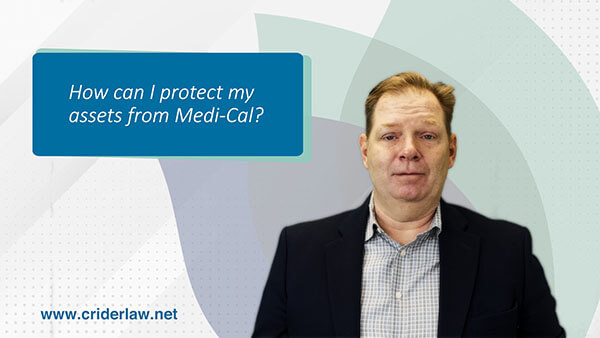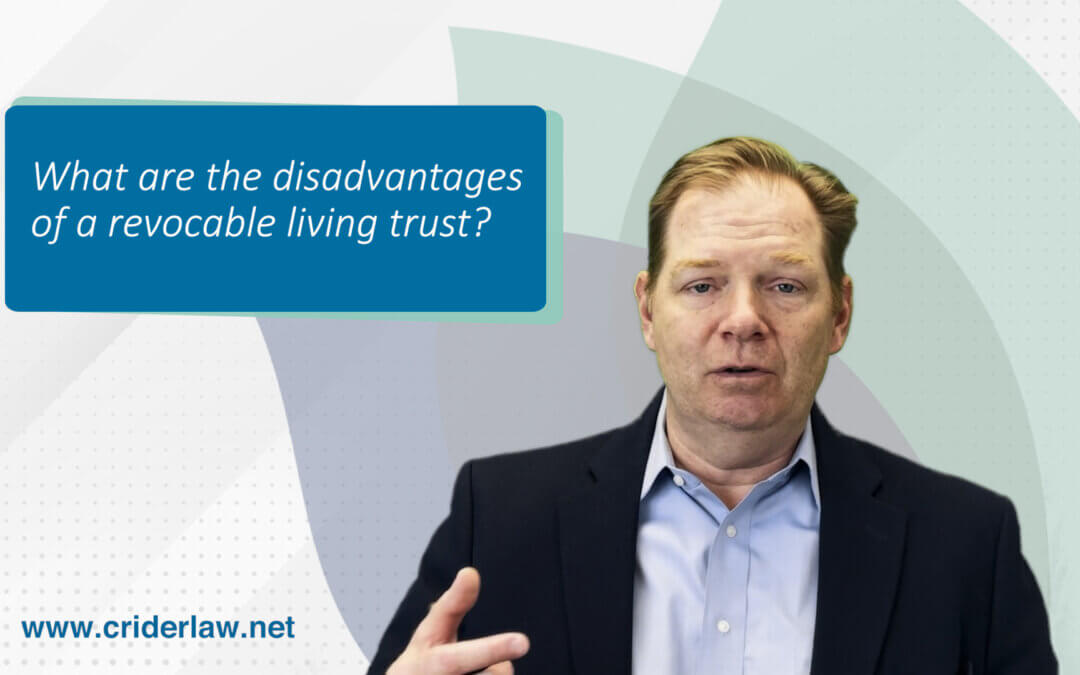
What are the Disadvantages of a Revocable Living Trust?
Now, a Revocable Living Trust is a contract that you write with yourself about how your property will be managed both during your lifetime, if you become incapacitated and when you pass away. Now, there are a lot of advantages of a Revocable Trust such as avoiding probate, the cost, the public nature of it and so on. There are some disadvantages as well.
The first disadvantage is that it’s a complex lease legal documentand so this is a tool that you use to avoid probate and there is a lot that goes into it.
The second thing about a trust and the second disadvantage is that you have to do certain thingsto your property after you create the trust. So you have to transfer your real estate to the trust, for example, and you have to transfer your financial and investment accounts to the trust.
The third disadvantage of a Revocable Trust is that typically you need to hire a lawyer to both prepare it and then to update it in the future.
Quick Question Corner is a video segment where we answer common questions about estate planning and elder law. If you have similar questions, leave them in the comment section and we can feature them in one of our videos in the future.

